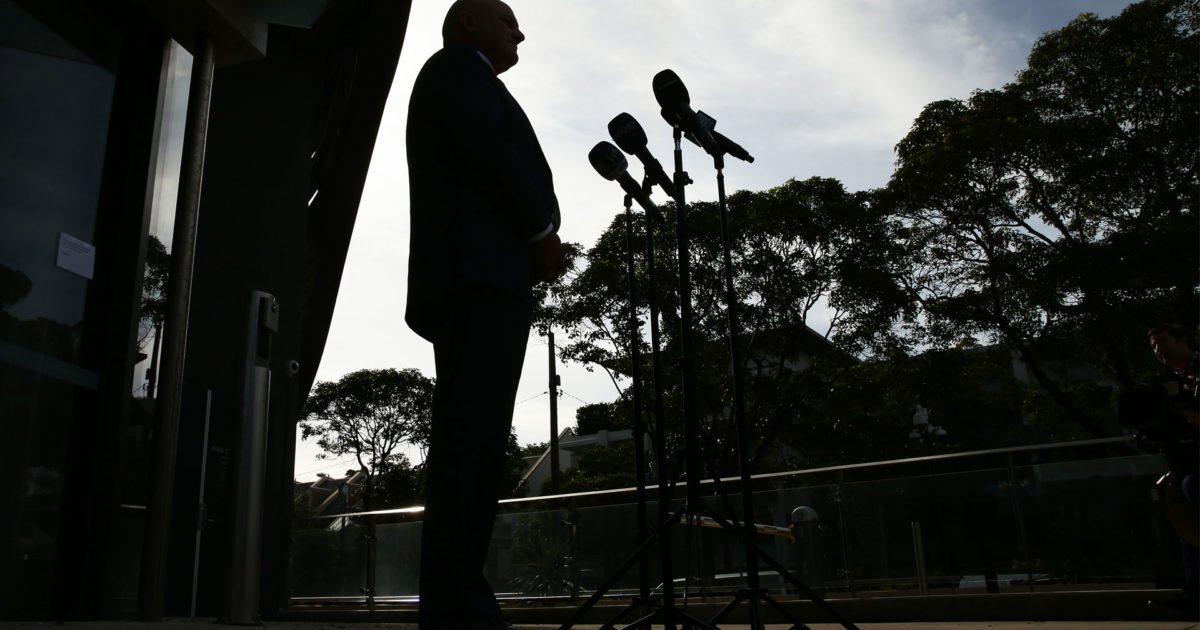How today's events could shape the future of Australian rugby

Brad Thorn believes trans-Tasman rugby union has a “world class” product staring it in the face as Rugby Australia (RA) accepts last-minute broadcast bids on Friday.
It’s deadline day for expressions of interest to broadcast the suite of Australian club, domestic and international rugby content beyond 2020.
Just how next year’s Super Rugby reincarnation will look could be determined by who purchases the broadcast rights, with interim RA chief executive Rob Clarke allowing buyers to purchase pieces rather than former boss Raelene Castle’s whole-of-package proposition.
Castle had knocked back incumbent broadcaster Fox Sport’s initial bid and tested the open market before the coronavirus intervened, skewering any deal and leading to her exit.
Now RA is left to scrap for interest in a buyer’s market, with Foxtel boss Patrick Delaney this week failing to mention rugby in a speech when listing the sports he is happy to continue investing in.
With so much talent rising through Australia's loose forward ranks, veteran star Michael Hooper may have a hard time finding his place under Dave Rennie's watch.https://t.co/Z252BoN5vM
— RugbyPass (@RugbyPass) August 29, 2020
RA rejected an early New Zealand competition proposal that included just two Australian outfits, the national body keen to protect all five teams competing in the Super Rugby AU tournament.
Both countries are no closer to agreeing on a structure, with a repeat of this season’s Super Rugby AU one option for 2021 if no long-term trans-Tasman deal can be struck.
Queensland Reds coach Thorn, a former All Black and title winner with the Crusaders, hopes broadcasters and administrators on both sides of the Tasman see the light and create a desirable product.
“Nothing’s changed in my mind; I think there’s a world class competition there to be had,” he said.
“With (all) New Zealand and Australian teams and we’re even talking about a team from the (Pacific) Islands.
“From both sides of the Tasman, what you hear is that’s what everyone would like and it seems a positive thing.
“I think that’d be an exciting competition and I’d want to be part of it.”
The broadcast bid deadline arrives as RA remains in talks with respective organisations about a Bledisloe Cup series in Australia and a Rugby Championship later this year.
It is hoped the All Blacks play two Tests in October, with at least one in Brisbane as teams occupy bio-secure bubbles during the series.
– Murray Wenzel




























































































